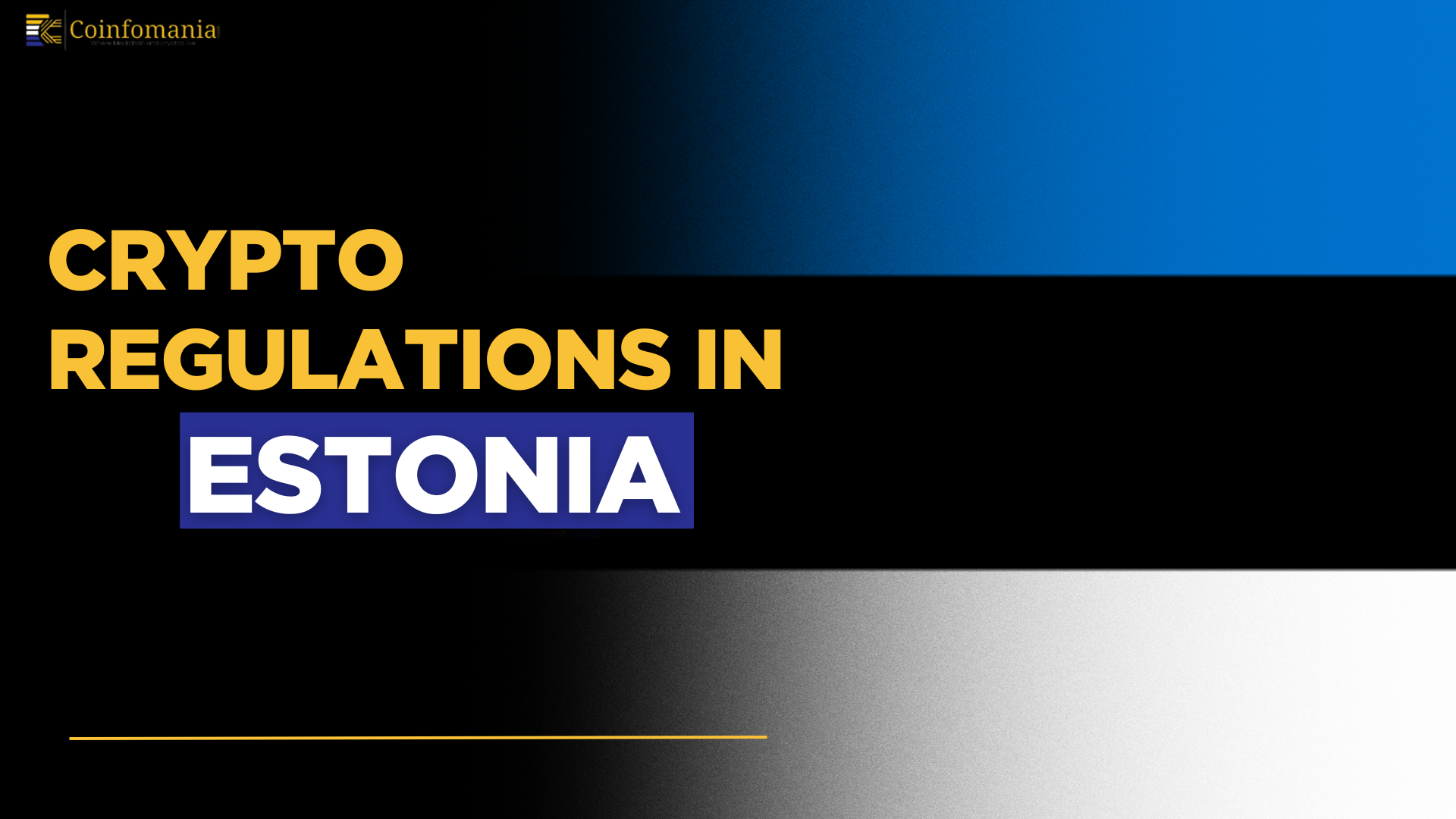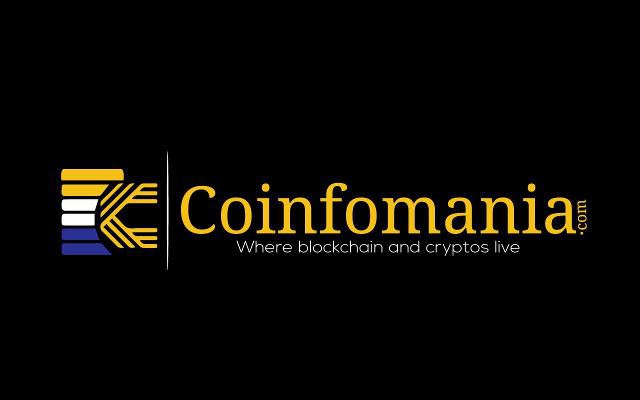Cryptocurrency Regulations in Estonia
0
0

Estonia is a leader in digitalization in terms of e-Residency and a government without paper and that is the reason why the country quickly became one of the first to become a place of attraction for crypto start-ups. There is virtual-currency licensing with minimal red tape, with thousands of licences issued in the last two years by the Financial Intelligence Unit (FIU) in 2017-19, an attractive but deregulated industry.
This scenery has changed since 1 July 2024 when the Crypto Asset Market Act (CAMA) came into force that made Estonia compliant with the EU Markets in Crypto-Assets Regulation (MiCA) and regulation has been in the hands of the Financial Supervision Authority (FSA). Investors, exchanges, and fintech constructors need to take their time to learn this stiffer rulebook, as compliance has turned out to be the determining factor of who can legally serve the entire EU market out of Tallinn.
Historical Context
The initial crypto regulations in Estonia were very lenient: 2500 euros share-capital and a local contact person was enough to receive a licence, which attracted foreign companies in masses. Reforms in 2022, driven by FATF pressure and a run of international scandals involving crypto, lifted capital requirements, added the Travel Rule and introduced so-called fit-and-proper screening, reducing active licences to a matter of hundreds.
The critical step came on 1 July 2024 with CAMA, which introduced the Crypto-Asset Service Provider (CASP) licence and set 1 July 2026 as the sunset date of all the FIU approvals that existed prior to that date. The transition of Estonia to stability through the change in regulation on a more prescriptive scale is marked.
Regulatory Framework
Key authorities
The FSA can issue, withdraw and cancel licences to CASP and can fine the offenders up to 5 million or 15 % of global turnover. The FIU continues to accept suspicious-transaction reports and tracks the pre-2024 licence owners until 2026, in the meantime the Tax & Customs Board clarifies the crypto tax policy. Estonia The Information System Authority controls the ICT-risk requirements of the EU Digital Operational Resilience Act (DORA) that was applied on 17 January 2025.
Registration and licensing.
Any company providing custody, exchange, transfer, trading-platform operation, token placing, advice, or portfolio management services has to obtain a CASP licence. Minimal requirements are a paid-up share capital of at least 100,000 euros (250,000 euros in case of transfer rails), physical office in Estonia and a board comprising two resident directors; the state application fee is 10,000 euros.
AML/KYC.
CASPs have to use complete customer due diligence and sanctions screening, and Travel-Rule data exchange on all crypto transfers, even where self-hosted wallets are used; compliance is supported by regular audits and on-site check-ups.
Taxation.
People pay income tax on realised gains, corporations are taxed once profits are distributed; there is no VAT on purchase of euros with crypto, and draft amendments intend to not tax some crypto to crypto swaps.
ICOs and STOs.
White-paper notification is filed with the issuers of utility-tokens, whereas issuers of asset-referenced or e-money tokens require full FSA approval, and security tokens that are linked to shares are considered to be within the scope of prospectus rules.
Estonia Crypto Policies
Crypto is not a legal tender but a digital property by law and therefore one cannot pay their daily bills using it unless the parties decide on another fiat currency. Consumer crypto payments are neither illegal nor encouraged by the government on the condition that the requirements of AML and consumer-protection laws are satisfied.
Mining
Mining of cryptocurrencies is unregulated and illegal, however, miners are required to pay tax on their earnings and comply with energy and environmental regulations; industrial-scale farms can only be established in locations with low power costs.
Government initiatives.
The central bank Eesti Pank has experimented with a prototype central-bank digital currency, the KSI-Cash, and the Ministry of Economic Affairs has financed blockchain pilots of supply-chain notarisation.
Penalties
Failure to operate with an FSA licence after 1 July 2026 can lead to business-closure orders and fines of up to 5 million euros or 15 % of turnover, and in case of serious AML violations, criminal offences.
Estonia’s Approach to Crypto Innovation
The Innovation Hub of the FSA provides free, non-binding advice to start-ups on licensing routes and questions relating to compliance and acts as a de-facto sandbox. National e-ID allows exchanges to use instant KYC and local banks are test-driving blockchain-matriculated environmentally friendly bonds. The research of zero-knowledge proofs in universities is sponsored by the government and the intended upgrades to the e-Residency 3.0 will simplify the process of remote founders receiving CASP licences.
Notable Challenges and Issues
The costs of regulation are considerable:
Besides the state fee of 10,000 euros, the companies are expected to pay six-digit figures of legal services, audit and capital. Fearing historic scandals, domestic banks sometimes decline crypto customers, and the latter have no other choice but to address foreign banking partners. Regulators also admit that AML and cybersecurity skills are in shortage, therefore, supervision becomes more difficult due to the overlapping of the MiCA, DORA and GDPR regulations. The sense of community is ambivalent- Estonians are familiar with the idea of digital services, yet the hype of retailing is dampened by the mainstream media that is more concerned with the threats of frauds and speculative bubbles.
Key Regulatory Trends and Future Outlook
Starting January 2025 CASPs will be required to submit ICT-risk frameworks and major-incident reports under the DORA, which will trigger cyber-security upgrades. The possibility of a VAT carve-out around crypto swaps and less rigorous approach to micro-token offerings is being considered in Parliament, a sign that a more measured laxity is on the cards. By the year 2026, the Ministry of Finance aims to establish a sandbox that will be centred on green assets and tokenised equities. The success of the MiCA implementation in Estonia will act as an example to the Baltic countries and make Tallinn an example to the mid-sized EU economies coping with crypto risk.
Conclusion
Estonia has transformed itself to a highly controlled MiCA hub with its open-door licence mill. Well-governed CASPs will now be able to use a single Tallinn licence to access the EU as a whole, whilst under-resourced actors will have to change or leave. To investors and developers, the ability to stay abreast with the changing rulebook in Estonia is vital since agility will separate long-term winners in the European crypto economy.
FAQS
1. Is Bitcoin allowed in Estonia?
Yes, trading and possession of Bitcoin is legal. It is not a legal tender, thus, it is not accepted as day-to-day payment so far unless both sides agree otherwise.
2. Who are crypto licence issuers?
All licences since July 2024 are provided by the Financial Supervision Authority (FSA). It is only during the transition period that FIU monitors AML reports.
3. What about old FIU licences?
They are until 1 July 2026. Thereafter all the providers have to possess a new CASP licence or shut down.
4. What is the amount of capital required to start an exchange?
It should have at least 100,000 of paid-up share capital. In case you deal with transfers, the limit increases to 250 000 Euros.
5. Do crypto to crypto transactions incur tax?
When gains occur in euros, they are taxed. It has a pending bill that is expected to exempt pure crypto swaps VAT.
6. Is crypto mining permitted in Estonia?
Mining is licensed and unlicensed. The miners are still required to report earnings and adhere to energy policies.
7. Does it have a regulatory sandbox?
Not at this point but the Innovation Hub of FSA provides informal advice. An official sandbox is in consideration by 2026.
8. Which AML regulations are related to exchanges?
KYC, sanctions, and Travel-Rule data sharing are to be performed in full. Compliance failure may attract stiff penalty or revocation of licence.
9. Are foreign founders allowed to own 100 % CASP?
Yes, the foreign founders are allowed to own a hundred percent of the company. They have to continue having a local office and two resident directors.
10. Will Estonia Issue CBDC in the Foreseeable Future?
A prototype by the name of KSI-Cash has been tested by Eesti Pank. There is no formal schedule of the rollout announced.
The post Cryptocurrency Regulations in Estonia appeared first on Coinfomania.
0
0
 Manage all your crypto, NFT and DeFi from one place
Manage all your crypto, NFT and DeFi from one placeSecurely connect the portfolio you’re using to start.




